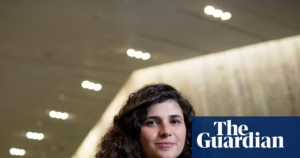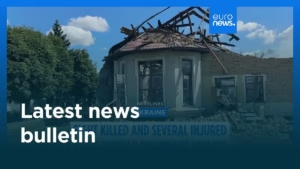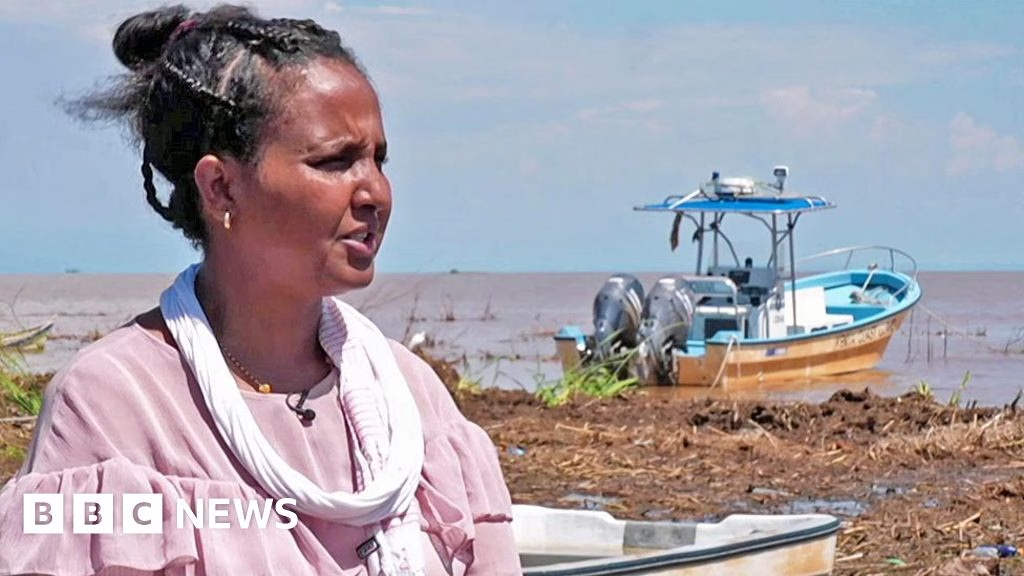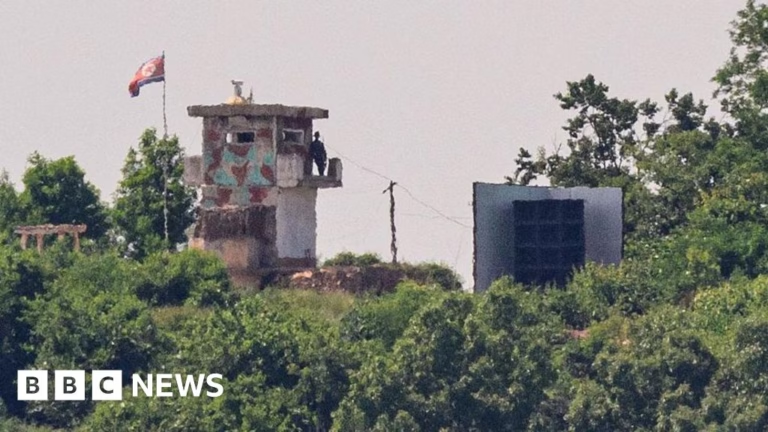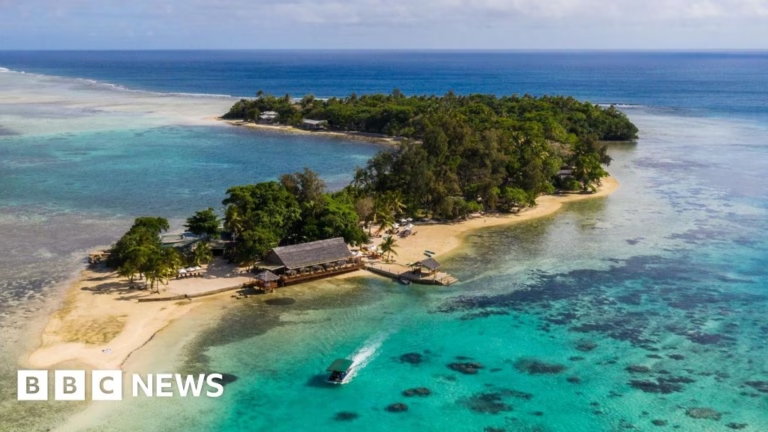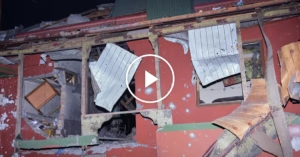As the sun descended over Lake Turkana, a bereaved mother wept and scattered flowers into the turquoise waters, mourning her teenage daughter who perished in a drowning incident while attempting to reach Kenya via an illicit route utilized by human smugglers.
Senait Mebrehtu, a devout Pentecostal Christian from Eritrea who sought refuge in Kenya three years prior, undertook a pilgrimage to the northwestern part of Kenya to witness firsthand where her 14-year-old daughter, Hiyab, lost her life the previous year.
The young girl had embarked on this grievous journey with her sister, who managed to survive the hazardous night crossing the vast lake, where formidable winds prevail.
“If smugglers had disclosed the existence of such a vast and perilous lake in Kenya, I wouldn’t have consented to my daughters’ travel this far,” Ms. Senait confided with the BBC as she sat along the western shore.
Upon arrival in Kenya’s capital, Nairobi, on a tourist visa with her younger children, she was unable to bring her older girls due to their proximity in age to conscription.
Eritrea, characterized by its militarized, one-party regime, often imposes lengthy and sometimes compulsory national service involving forced labor.
Desperate to join their mother, the teenagers pleaded to escape, after which relatives advised consulting smugglers for their extrication from Eritrea.
Their fate was entrusted to traffickers who escorted them on an arduous weeks-long expedition by road and on foot, commencing in Eritrea and traversing through neighboring northern Ethiopia into Kenya and to the northeastern banks of Lake Turkana, the world’s largest perennial desert lake.
A smuggling operative in Kenya confirmed Lake Turkana’s increasing prominence as an illicit crossing point for migrants, dubbing it the “digital route” for its novelty.
Earning roughly $1,500 per trafficked migrant – fourfold the average monthly Kenyan wage – the trafficker, speaking from a clandestine location and anonymously, recounted over a decade of involvement in a vast smuggling network spanning Kenya, Uganda, Rwanda, and South Africa, primarily conveying refugees from Eritrea, Ethiopia, and Somalia.
Kenya’s enhanced road surveillance has driven smugglers to exploit Lake Turkana as an entry point into the country.
Trafficking “agents” along this novel trajectory receive migrants at the Kenyan fishing locality of Lomekwi, arranging onward transport to Nairobi – a journey exceeding 15 hours.
Warned of the dangers of navigating the precarious wooden vessels, the trafficker urged parents against allowing their children to cross unaccompanied.
Though she acknowledged the financial gain, she expressed discomfort at witnessing harm inflicted upon others’ offspring.
Osman, an Eritrean migrant who wished to remain unnamed for security reasons, shared his account of traversing Lake Turkana alongside Hiyab and her sister, recalling the capsizing of Hiyab’s vessel shortly after departure due to engine failure and strong winds.
Seven lives were lost, including Hiyab’s, as the boat was overloaded with over 20 migrants, according to Ms. Senait’s assertions of negligence.
During a BBC visit to Lomekwi, two fishermen recounted finding migrant bodies – believed to be Eritreans – floating in Lake Turkana in July 2024.
With records indicating 345,000 Eritrean refugees and asylum seekers in East Africa as of June 2024, many escape to avoid mandatory military service in Eritrea, where political dissent and religion are severely repressed.
Mula Berhan, a lawyer from Uganda with an Eritrean background, noted Kenya and Uganda have become favored destinations due to regional conflicts in Ethiopia and Sudan.
While some migrants settle in Kenya, others utilize it as a transit point to reach Uganda, Rwanda, and South Africa, perceiving easier routes to asylum.
Operating in multiple nations, the smuggling network delivers migrants to different “agents” until their intended destination, which can extend to Europe and North America.
The network includes “holding houses” in Nairobi, where migrants are kept and expected to continue payments until the next leg of their journey is arranged.
The BBC witnessed a “holding house” where five Eritrean men were confined to a single mattress, and it was revealed that migrants have perished from hunger when funds were depleted.
The trafficker disavowed intentions to forsake the lucrative trade but advised potential migrants of impending risks.
Ms. Senait, mourning the profound loss of her niece, underscored the shared plight of countless Eritrean families, praying for peace and liberation from their homeland’s troubles.
Source: https://www.bbc.com/news/articles/c04549w274qo

